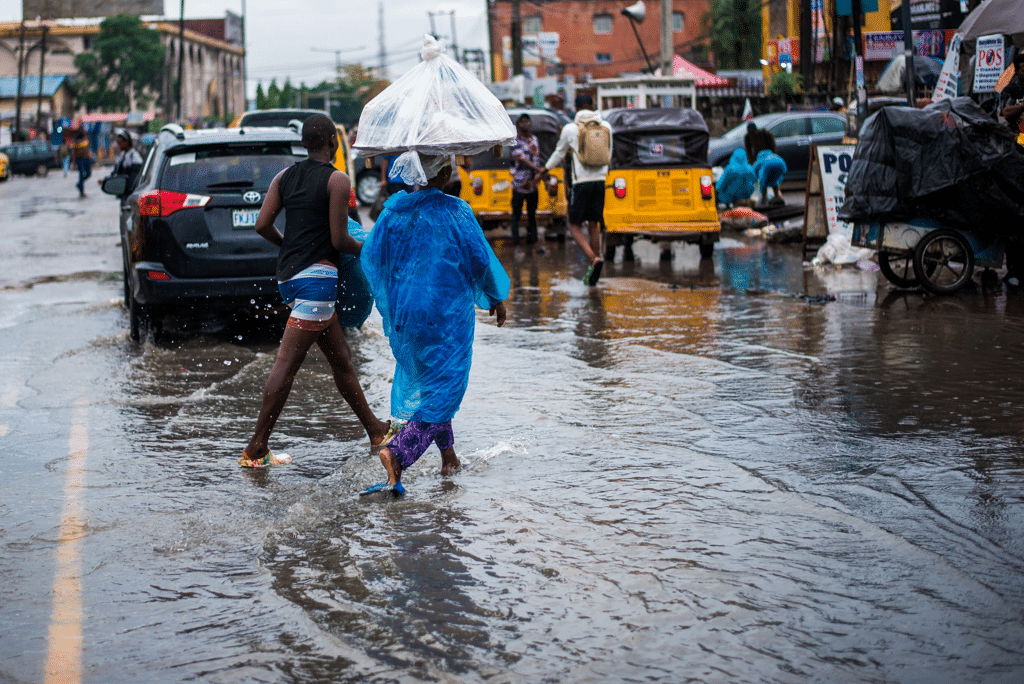As part of the “Room to Run” (R2RS) program, the African Development Bank (AfDB) is lending $239 million to Benin and Mauritius. This UK-guaranteed climate financing will support flood control in Benin. The two development partners are contributing $129 million (including a $106 million loan) to the Projet d’assainissement pluvial des villes secondaires (PAPVS).
This initiative by the Beninese government aims to build primary structures for draining runoff water to outlets. It is being implemented in the towns of Porto-Novo, Abomey-Calavi, Bohicon, Abomey, Ouidah, Sèmè-Kpodji, Parakou and Natitingou. Also financed by the West African Development Bank (BOAD), the European Investment Bank (EIB) and the Islamic Development Bank (IsDB), the PAPVS also aims to reduce the prevalence of waterborne diseases caused by flooding.
Support for electricity generation
In Mauritius, the AfDB and the UK are providing $110 million under the R2RS program for the Gas Insulated Switchgear Substation Project. According to the pan-African financial institution, this initiative “will lay the foundations for the efficient and effective integration of variable renewable energies through the necessary investments in grid expansion, thereby enhancing the reliability of the national grid and enabling the installation, interconnection and absorption of renewable energies by the national power system. This will enable Mauritius to pursue its energy transition trajectory, enabling the integration of renewable energies and the achievement of the target of 60% renewable energies in the electricity generation mix by 2030”.
Read also- Climate finance: fintech Nithio raises $10m for its African operations
At present, Mauritius has an installed capacity of 876 MW, of which 498 MW is generated by the Central Electricity Board (CEB) and the remainder by independent power producers (IPPs). Most of the electricity consumed in Mauritius is generated by oil- and coal-fired power plants, according to the CEB. The country also has hydroelectric facilities capable of producing 60 MW, or 4% of its electricity mix.
But the situation is about to change in this island country off the coast of East Africa. This is thanks to a number of projects currently underway, notably that of French company Qair, which plans to deploy 60 MW of solar capacity. Its compatriot GreenYellow launched construction of its 10 MW Arsenal solar power plant in July 2023.
Jean Marie Takouleu
